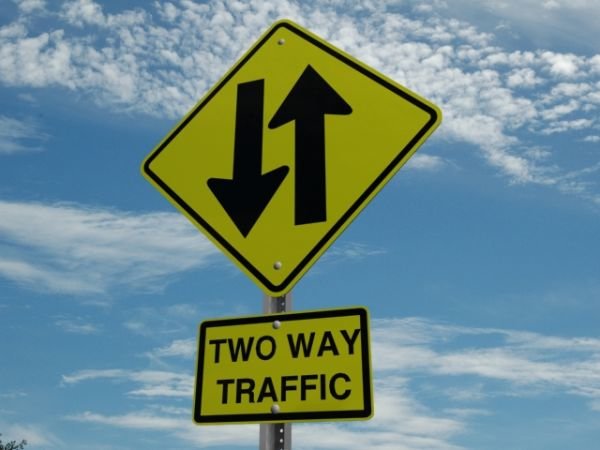
A friend is someone who, by definition, gives you benefit because of who he or she is. It’s not a tangible benefit — such as money, or property. A tangible benefit arises in a business transaction, not in a friendship transaction. But friendship is, and should be, mutual. Each party gains. The fact that the gain is not tangible does not make it any less real. Intangible benefits are qualities of character and personality, and compatibilities regarding how one thinks and chooses to spend one’s time. If either party is not gaining from the transaction of friendship, then it’s unhealthy — worst case, even a fraud. Each friend is responsible for understanding what he wants to gain from a friendship, and what he is (or isn’t) gaining from this particular friendship. Everything I’m saying applies just as much to romantic relationships and marriage. Personal relationships involve an exchange. Misunderstandings and pain develop, most often, when people don’t do the thinking required to figure out what those gains are, and what they want them to be. Get over the idea that friendship is “selfless.” That’s dishonest and inaccurate. You had better be gaining from your personal associations. If you’re not, then you’re the one responsible for figuring out what to do.
